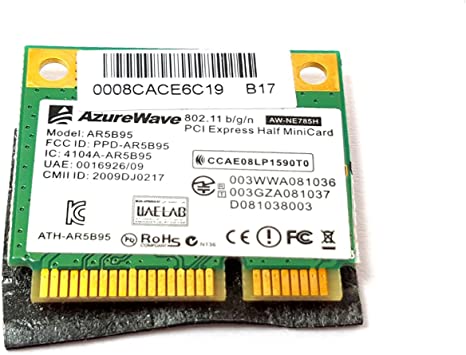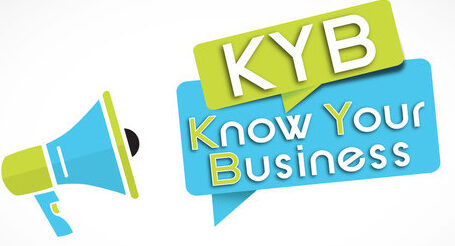Tools for Tracking Your Rental Business Expenses
As a landlord, there are countless benefits of staying organized.
This is especially true when it comes to bookkeeping and accounting.
Organized expense tracking is a huge advantage during tax season, when categorizing expenses correctly can help you achieve the best tax deductions and save money.
Your organization can also help manage an IRS audit. If you are audited, the IRS will need proof of all your expenses—receipts, dates, etc. If you’ve already been tracking and saving these documents, you’ll have no problem proving you deserve the deductions you took.
Lastly, organized expense tracking can also help you pinpoint a precise profit margin and predict your profitability in future years.
Fortunately, there are many resources for expense tracking available for landlords. Here are five expense tracking methods for landlords.
Traditional Accounting
Experienced landlords who began their investing careers many years ago may feel most comfortable with traditional accounting.
Using this method, you track debits and credits by hand, making all calculations yourself.
From handwritten ledgers to paper receipts and invoices, this method requires diligence. If you lose a document, there’s no guarantee you’ll be able to recover it.
There’s also a strong likelihood of errors. It’s not a coincidence that few landlords use traditional accounting anymore.
Cloud-Based Spreadsheet
Many landlords have moved their trusted spreadsheets online, to cloud-based platforms like Google or Microsoft.
The cloud offers additional protection and security for your documents and data. It’s impossible to lose a document on the cloud unless you delete it. Your documents are automatically backed up, can be encrypted, and easily shared or managed between multiple people.
Plus, you can access them from any computer with internet—even a mobile device.
Cloud-based accounting is also highly responsive. Excel is a sophisticated accounting tool—with a little research or a pre-formatted template, you can learn how to create auto-filling reports using pre-set formulas. This feature greatly improves productivity, as you won’t have to manually perform calculations.
Many companies, such as Zillow, offer free, downloadable templates of common accounting documents for landlords. If you’re new to cloud-based management, start by exploring what you can do with them.
QuickBooks
QuickBooks is another option for rental accounting. QuickBooks is a general business accounting platform, but it’s easily adaptable for rental businesses.
The platform allows you to auto-track expenses and income and pay your employees or contractors, such as property managers. A basic QuickBooks account will get you access to these tools plus tax deductions, general reports, receipts, mileage tracking, cash flow, and others.
If you’re looking for a little more automation and structure in your rental business accounting, QuickBooks might be a great option for you.
TurboTax
TurboTax is a software platform designed specifically for tax preparation. It helps you keep track of your expense deductions so that you can file your tax return.
Many taxpayers use TurboTax to file their individual taxes each year. As a rental business owner, it can also be an effective tool to use in tandem with another property management platform. TurboTax can also help you identify IRS expense categories, so you’ll know which deductions they qualify for ahead of time.
Property Management Software
Lastly, you can track your expenses on property management software.
Property management software is designed specifically for landlords and rental business tasks. In addition to tenant screening, rent collection, lease signing, and other features, most property management software platforms offer expense tracking.
This feature helps you organize your financials by recording payments, managing invoices, and generating reports so you can track your business’s health over time.
One benefit of this tool is that it is directly integrated with your rent collection mechanism. When tenants pay online through the platform, the payments are automatically recorded in your ledger. You won’t have to remember to transfer the amounts or create receipts by hand.
Property management software expense tracking is also designed specifically for landlords, with rental specifications and challenges in mind. It can save you the time of attempting to configure another tool to meet your needs.
Conclusion
Tracking your rental business expenses is just one of many responsibilities you take on as a landlord. Don’t make it harder than it should be. By utilizing digital tools and automating the process, you can make expense tracking as simple as possible.






